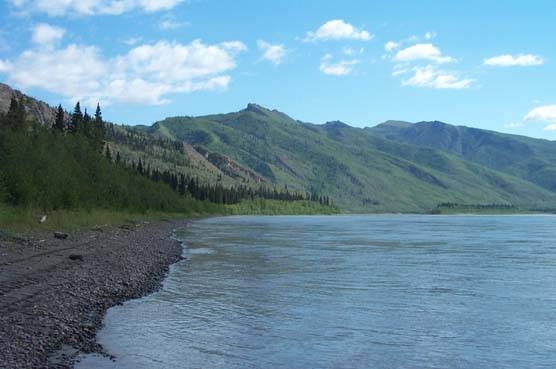
Press Release: US Supreme Court Remands Yukon-Charley Case
FOR IMMEDIATE RELEASE
March 22, 2016
CONTACT
Katie Strong, Staff Attorney
Trustees for Alaska: 907-433-2008; kstrong@trustees.org
U.S. Supreme Court Remands Question of National Park Service’s Authority to Manage Its Waterways to the Ninth Circuit
Anchorage, AK — On Tuesday, the Supreme Court of the United States issued its ruling in Sturgeon v. Frost, a suit challenging the National Park Service’s authority to manage activities on navigable rivers within parks in Alaska. The Supreme Court vacated the decision of the Ninth Circuit, finding the lower court’s basis legally unsupportable, and remanded to the lower court to reconsider the parties’ other arguments.
Trustees for Alaska, a nonprofit law firm, represented thirteen conservation groups in the case, filing an amicus brief supporting the National Park Service’s efforts to enforce safety and other park regulations on waters within the parks. Katie Strong, Staff Attorney at Trustees for Alaska, noted: “There are centuries of law supporting federal authority over navigable waters and other public lands. We are optimistic that the Ninth Circuit will clarify the Park Service’s authority over navigable waters so that Alaska’s national parks are protected as Congress intended.”
The National Park Service regulates rivers and lakes within the Parks throughout the United States. The issue in this case was whether a provision of the Alaska National Interest Lands Conservation Act (ANILCA) stripped the Park Service of the power to regulate navigable waters within Alaska’s national parks. John Sturgeon, a hunter seeking to operate his hovercraft within Yukon-Charley Rivers National Preserve — an activity barred by Park Service regulations — argued that Congress withdrew the Park Service’s authority over waters in Alaska. The Supreme Court declined to rule on Sturgeon’s arguments, instead issuing a narrow ruling limited to rejecting the reasoning of the Ninth Circuit.
The Supreme Court’s decision sends the case back to the Ninth Circuit to consider those arguments. The case will go back to the same three Ninth Circuit judges that previously considered the case.


